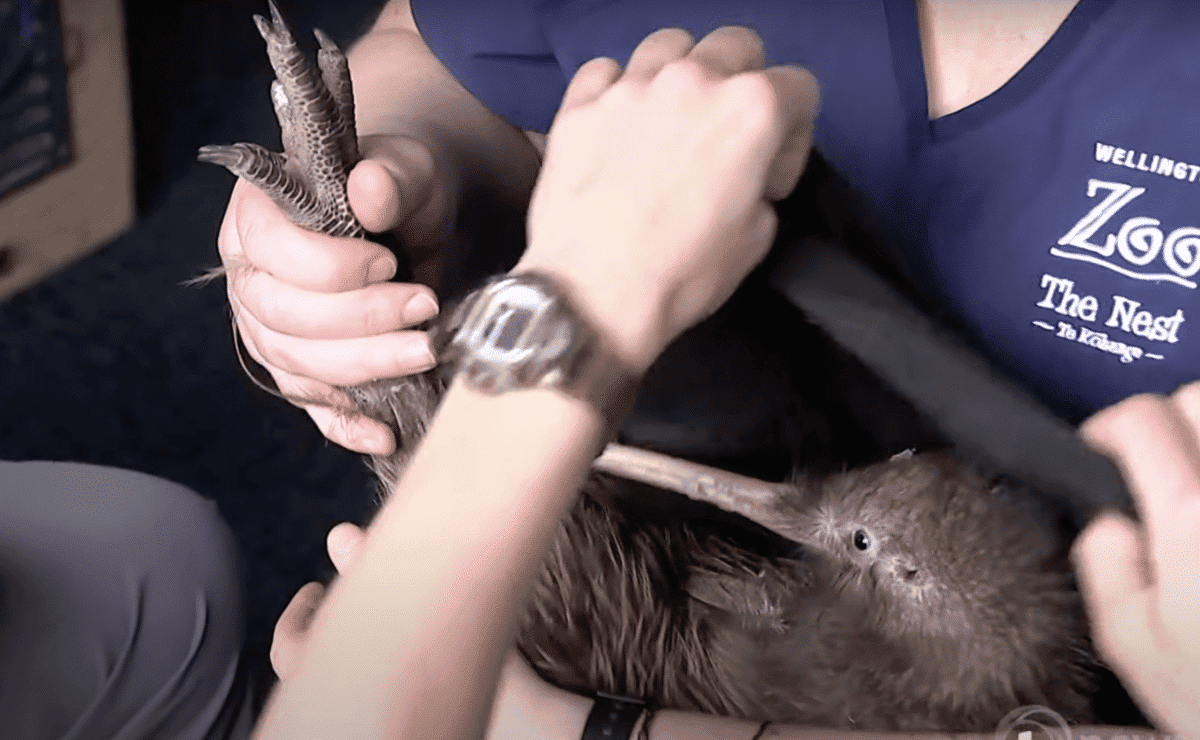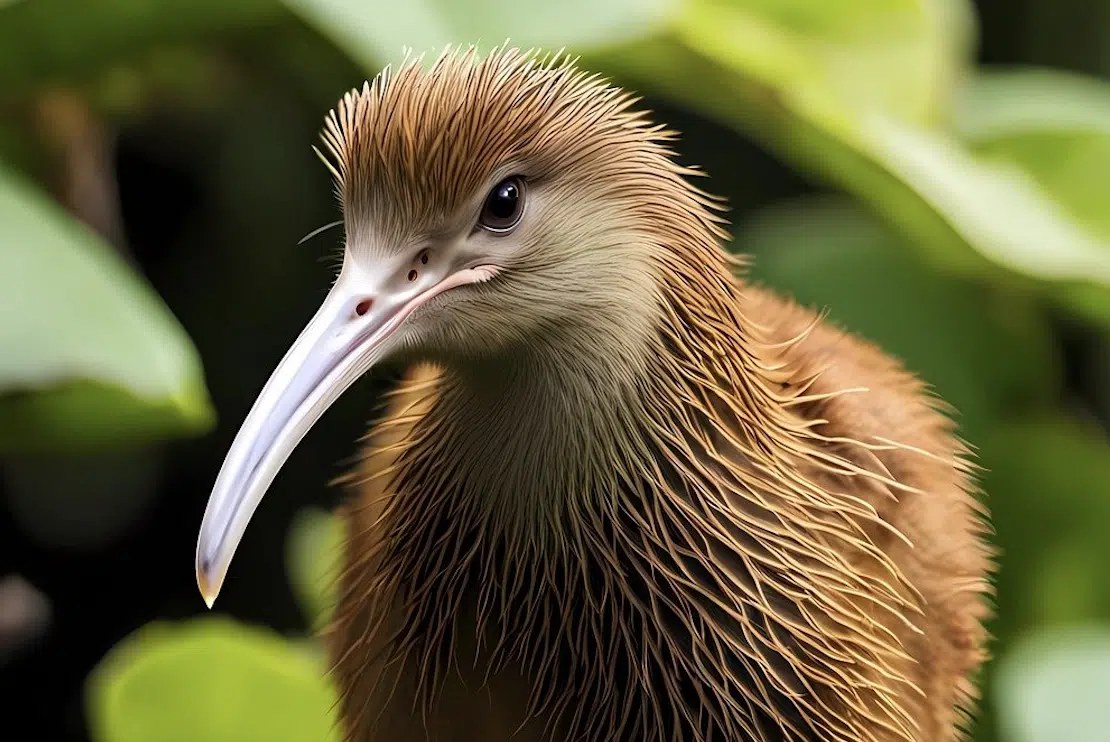For the first time in over a century, Wellington, New Zealand, is celebrating the birth of wild kiwi chicks. This momentous event marks a significant turnaround in the conservation efforts for the iconic, flightless birds. The discovery of these chicks, born in Wellington, has been a source of immense joy and hope for conservationists and nature enthusiasts alike.
Capital Kiwi Project
The birth of these wild kiwi chicks is a direct result of the dedicated efforts of the Capital Kiwi Project. Launched with the aim of re-establishing a wild kiwi population near New Zealand’s capital, the project began releasing adult kiwis into the wild near Wellington. These efforts culminated in the hatching of these chicks, a monumental success for the project and a hopeful sign for future conservation.
Overcoming the Odds
The kiwi, a beloved national symbol of New Zealand, has faced numerous threats, leading to a drastic reduction in its population. Predation by non-native species like stoats, introduced in the 19th century to control rabbits, has been particularly devastating. To counter these threats, the Capital Kiwi Project implemented extensive measures, including the installation of thousands of stoat traps across the birds’ habitat, collaboration with local landowners, and initiatives to educate dog owners to prevent disturbances to kiwi habitats.

The Future Of The Wild Kiwi Chicks
While the birth of these wild kiwi chicks is a landmark achievement, it is just the beginning of a long journey towards sustainable conservation. The project continues to monitor the kiwi population and is optimistic about the hatching of more chicks in the future. The long-term goal is to ensure that these chicks grow to a size where they can defend themselves against natural predators and contribute to the revival of the kiwi population in Wellington.
The Significance of Wild Kiwi Chicks
The kiwi holds a special place in New Zealand’s culture and heritage, symbolizing the unique biodiversity of the country. These recent births not only represent a triumph in conservation efforts but also a reconnection of New Zealanders with a cherished part of their natural heritage. The success of the Capital Kiwi Project illustrates that with concerted efforts and community involvement, it is possible to reverse the decline of endangered species.
Conclusion
In summary, the birth of wild kiwi chicks near Wellington is a historic event, signaling a positive future for these emblematic birds and reaffirming the importance of conservation efforts. The success of the Capital Kiwi Project serves as an inspiring example of what can be achieved through dedication, innovation, and community engagement in wildlife conservation.
What do you think about wild kiwi chicks? Leave a comment below.
Thank you for following along with this article – New Zealand’s First Wild Kiwi Chicks In Over A Century.
You may also like:
- 17 Most Endangered Birds in the World
- Meet the Kereru: The Drunkest Bird In The World
- Once In a Lifetime Sighting: Bird Both Male and Female

